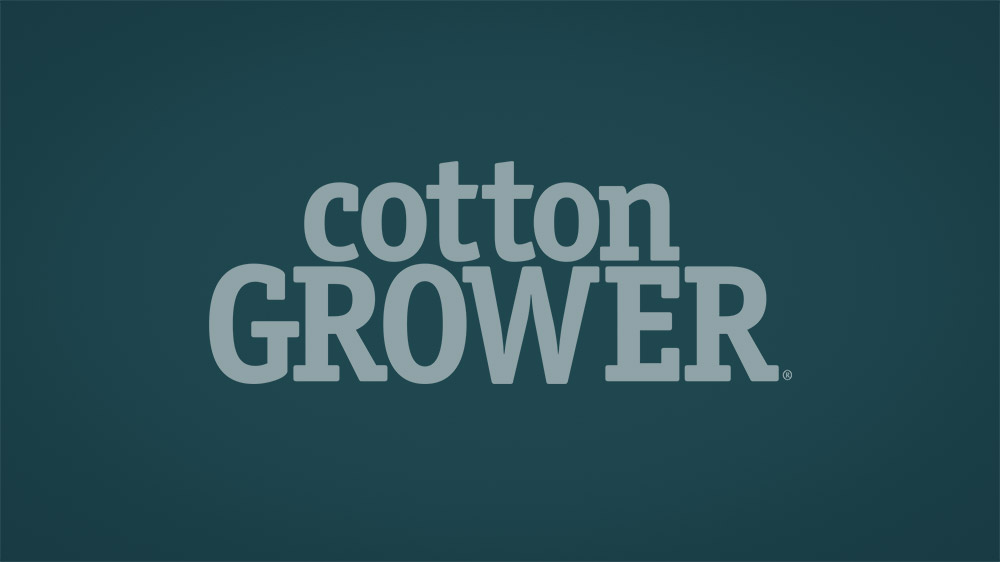NCC Launches U.S. Cotton Trust Protocol Pilot
The National Cotton Council has initiated a pilot of the U.S. Cotton Trust Protocol, a program designed to confirm and increase awareness of the fact that U.S. cotton producers are farming responsibly and striving for continuous improvement.
The Protocol is being managed by Ken Burton, Protocol executive director, and a multi-stakeholder board of directors will soon be appointed to help prepare for the full Protocol launch targeted for 2020. In the interim, the NCC will be working to enroll producer members in the pilot phase.
Burton said that groups, organizations and firms such as gins, merchants, and marketing cooperatives are being enlisted to assist in recruiting producer participants and to help verify information obtained through the Protocol. The confidential information collected will be reviewed continually, and participating producers will be able to monitor their sustainability progress – including comparing numbers with those for their geographic region and/or the entire Cotton Belt.
More information on the Protocol, including how to enroll, is available online at TrustUSCotton.org.
A Producer’s first step in the voluntary program is completion of a self-assessment covering nine categories – soil health, nutrient management, water management, crop protection, harvest preparation, wildlife habitat, fiber quality, traceability and farm management. Enrolled producers must agree to use the FieldPrint Calculator or other qualified data product to monitor their farm for best management practices.
Enrollees will also complete a statement of commitment to responsible production practices to help safety/environmental awareness and to continuous improvement. Independent verifiers will review enrollees’ answers to ensure the Protocol requirements are being met.
The Protocol was developed to help the U.S. cotton production sector reduce its environmental footprint via specific sustainability goals targeted for 2025:
- 13% increase in productivity (i.e. reduced land use per pound of fiber)
- 18% increase in irrigation efficiency
- 39% reduction in greenhouse gas emissions
- 15% reduction in energy expenditures
- 50% reduction in soil loss
- 30% increase in soil carbon.
The NCC-appointed COTTON USA Sustainability Task Force created those goals and authorized the Protocol program in response to some in the textile supply chain calling for a definitive standard and verification.
“Our belief is that through the transparency and accountability generated by the Protocol, U.S. cotton’s acceptance in the global supply chain will be significantly bolstered,” said NCC Chairman Mike Tate.
Tate noted that U.S. cotton producers already operate under one of the world’s most stringent regulatory environments, possess a nearly 40-year track record of environmental improvement, and want to preserve their land for future generations.
“That’s why we continue working at becoming better stewards of our farming ecosystems through rapid adoption of new technology and the use of best management practices,” he added. “We know most of America’s cotton producers already conduct many of the practices covered in the Protocol assessment. Using this formal data collection, measurement and verification procedure will enable U.S. cotton to avoid being excluded by our customers because of sustainability issues.
“We want to help textile mills, brands and retailers meet their sustainability goals by sourcing U.S. cotton.”
Based on information provided by the National Cotton Council









